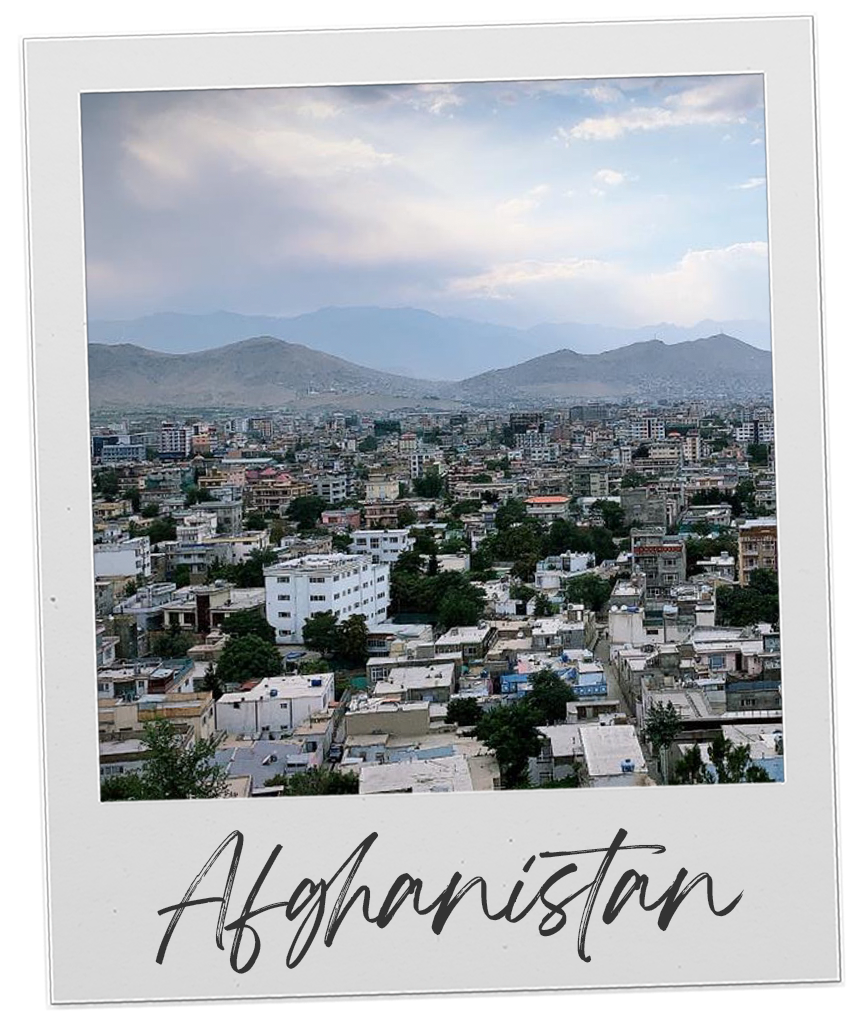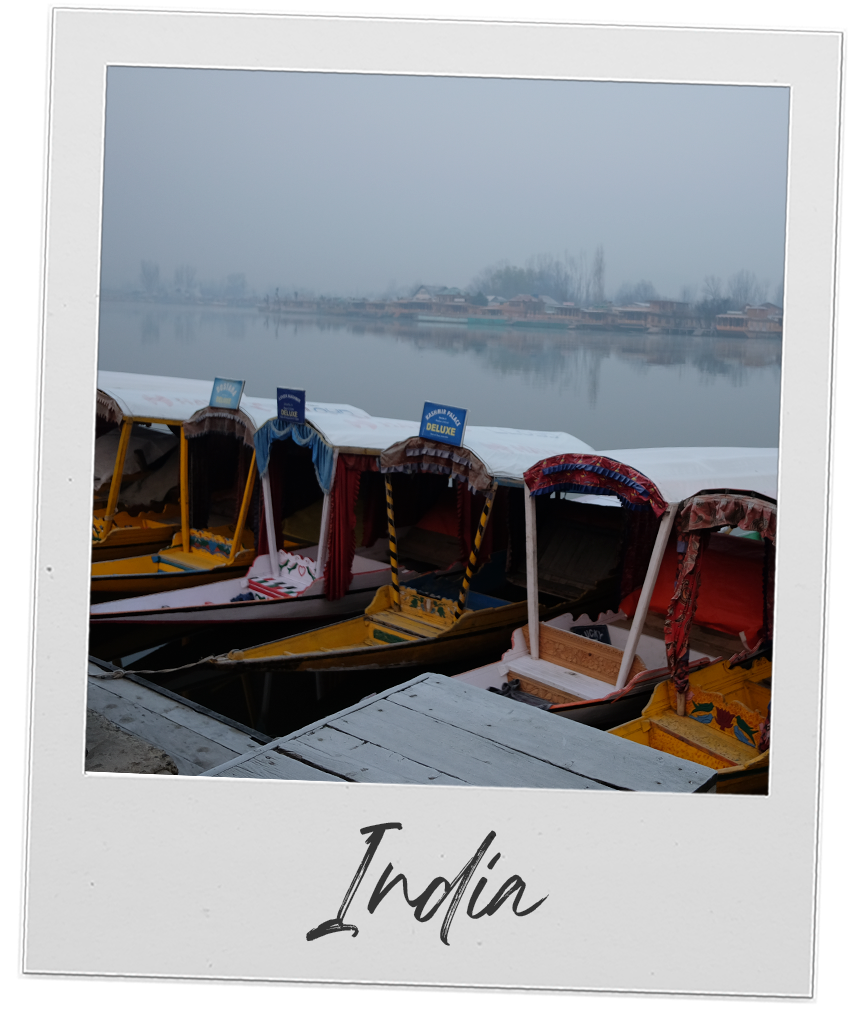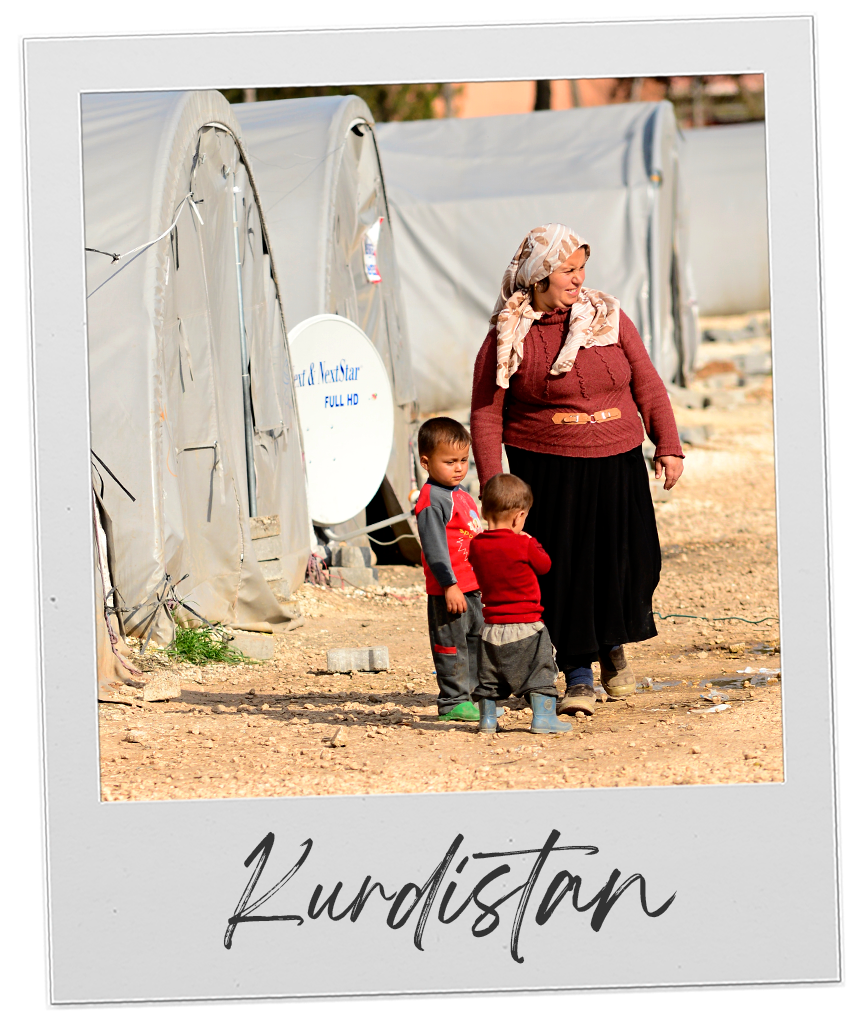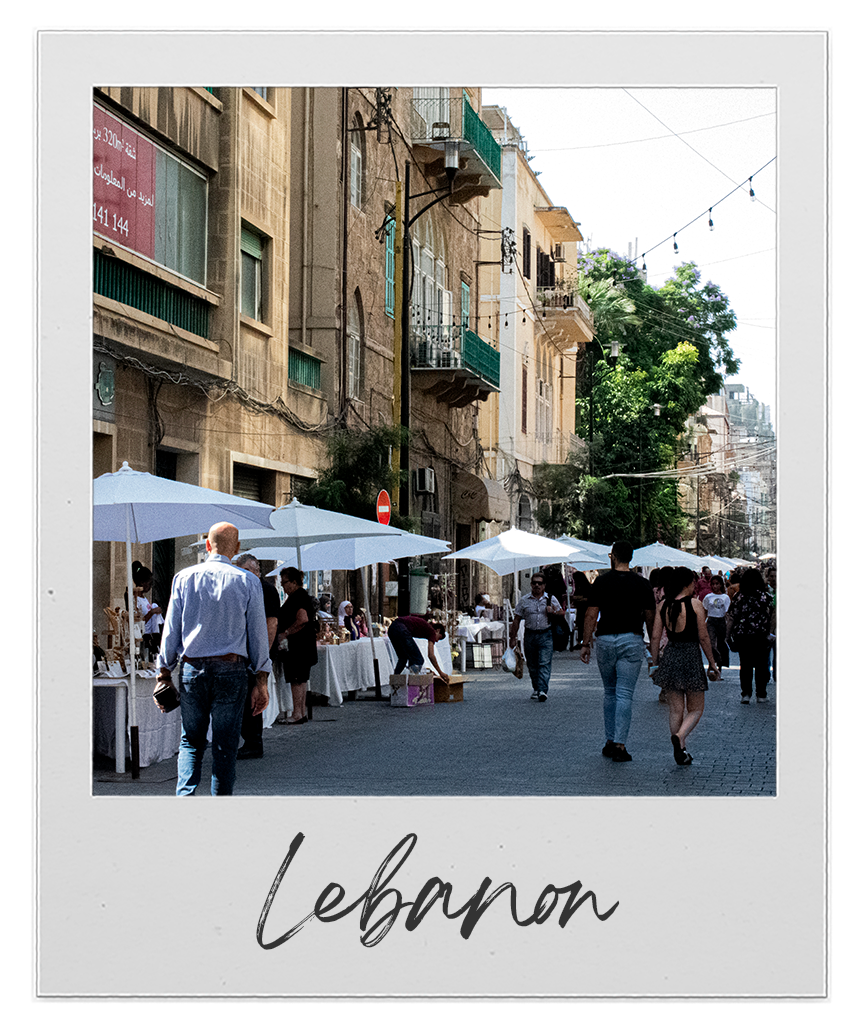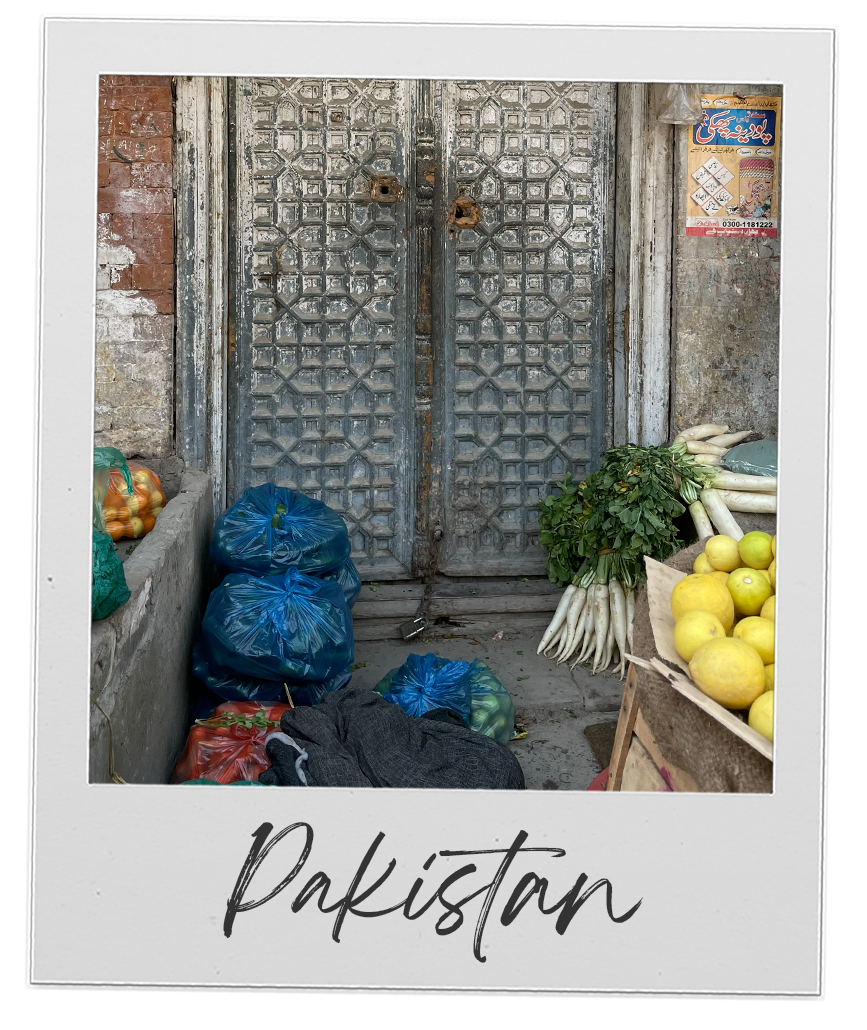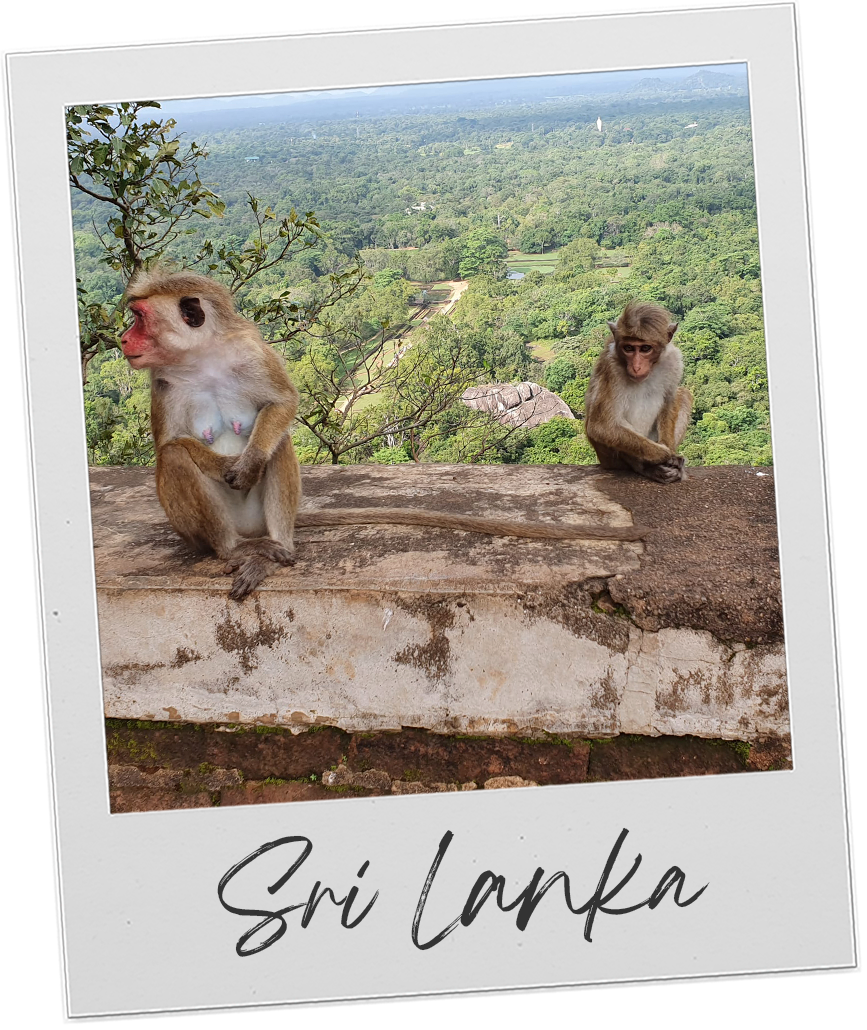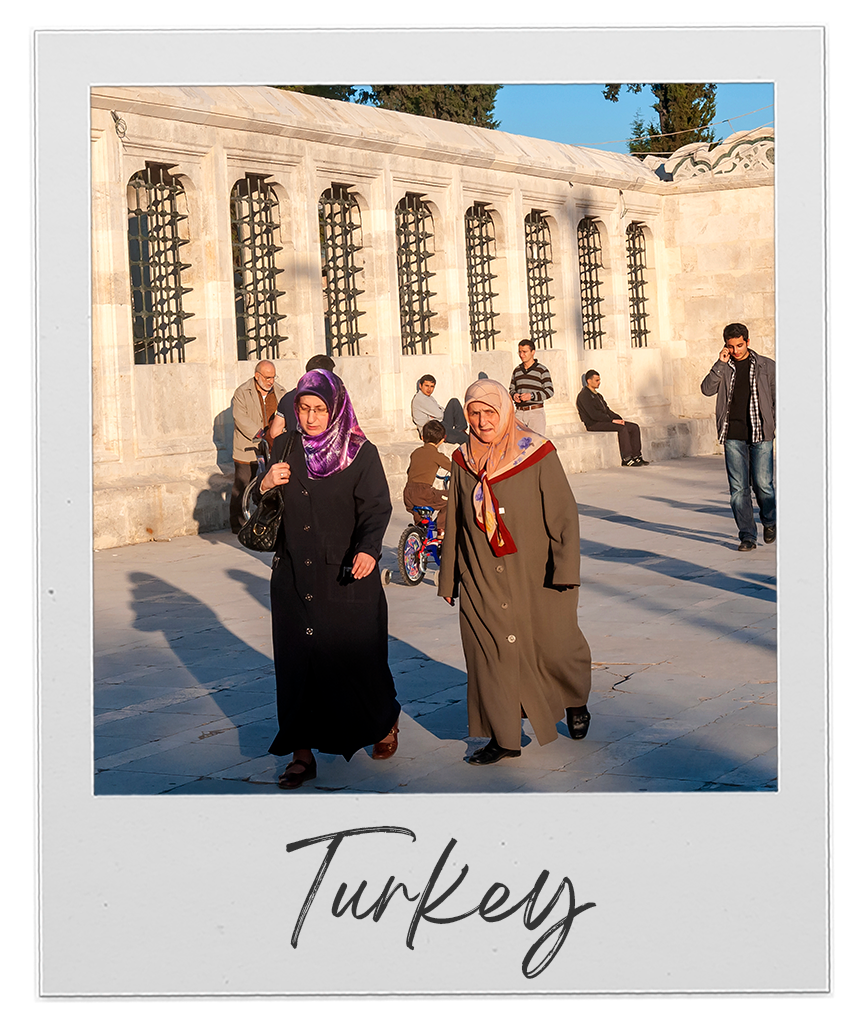India
Culture and conflict
The project used participatory methods, centred around craft making. This research brought together a historically divided community where religious identity had created fractures. Hindu/Pandit women who fled from persecution in 1992 returned for the first time to Kashmir for training in December 2023 with their Muslim counterparts. The Hindu/Pandit women continue to live in camps for internally displaced people in the neighbouring region of Jammu. Internally displaced refugee camps in this context are situated outside of the cities where there are few options for work
What we found
Empowerment
Craft making enables the women to generate an income from home and avoid expensive travel into the cities, leaving behind their duties of care. The desire to make money and a living flows from the training as the women come to realise their own skills and self-worth as artists in the context of a patriarchal society that traditionally prioritises the skills of men.
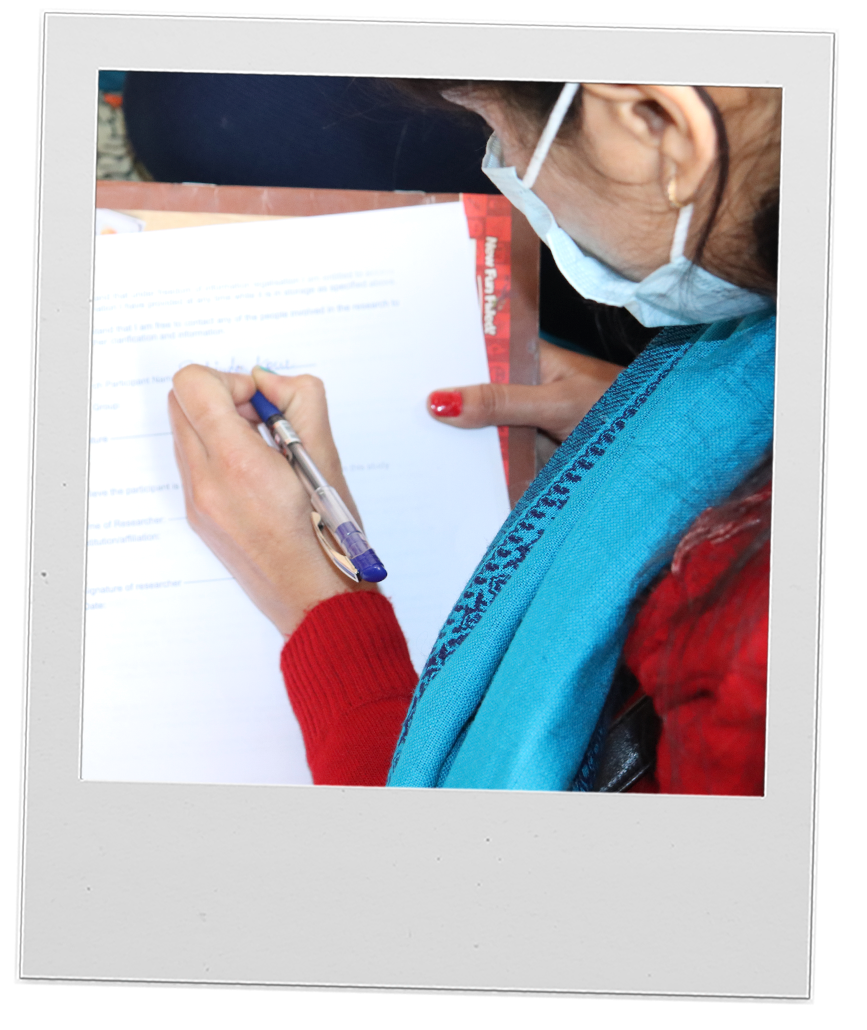

Conflict and exclusion
Conflict systematically excluded women from the political narrative because of their gender. Other factors like class, social status, ethnicity, religion, and cultural background added to their suppression. They were rendered invisible. Investment in community peacebuilding approaches through a gender lens is key. To begin dialogues between communities, such as in Kashmir and Jammu, a gender lens is crucial to ensure that all community members are recognised and being included in peacebuilding activities.
Resources
Research and knowledge exchange: notes from South Asian neighbourhoods
This publication underlines that the delivery of excellent and ethically centred knowledge exchange and research collaborations with a wide range of partners, draws on an extraordinarily wide range of skills, competencies, and resources. We need to be careful and supportive of the people leading this work, as well as our collaborative partners. This is particularly […]
YRD’s design training helps J&K women artisans reach different markets
This news article from Rishing Kashmir news details the product design training workshop organised by Yakjah Reconciliation and Development Network, a non-profit social innovation working for youth peacebuilding leadership and women’s empowerment, for women artisans of Jammu & Kashmir. The training was facilitated by Piyush Suri, Founder and Creative Director of Handmade in Britain, the […]
Conflict and Culture Post Design Intervention Report by Tanya Zakir
The design intervention was not only an essential step but also one that opened the door to further conversations regarding a range of topics. From the foundational requirements of the craftswomen associated with our project to the larger picture of how crafts persons navigate their space in the Jammu and Kashmir economy, we touched on […]
Culture and Conflict Product Design Training December 2022 Srinagar Kashmir
A report on the Kashmir group by Urzeeba – features a daily diary of the Project Pari product design training that took place from 12th to 17th December 2022 in Srinagar, Kashmir. Urzeeba (2022) Culture and Conflict Transformation & Empowerment Stream: Project Pari Product Design Training (Kashmir Group) Culture-and-Conflict-Product-Design-Training-December-2022-Jammu-Kashmir
Culture and Conflict Product Design Training in Jammu and Kashmir
A report on the Basoli group by Urzeeba – features a daily diary of the Project Pari product design training that took place from 18th to 22nd December 2022 in Jammu, Kashmir. Urzeeba (2022) Culture and Conflict Transformation & Empowerment Stream: Project Pari Product Design Training (Basoli Group) Culture-and-Conflict-Product-Design-Training-December-2022-Jammu-Kashmir
Culture and Conflict: A Reflection by Aamir Ganaie
Jammu and Kashmir, a region with an extraordinary past, intertwines its art, craft, and culture. Women have dedicatedly guarded the customary art and craft of Jammu and Kashmir- a significant ingredient of its rich culture. The territory is well-known for producing exceptional handicrafts through conventional skills and techniques. Papier-mâché products, Pashmina shawls, carpets, embroidery as […]
Product Design Training for Women Artisans organised in J&K
Yakjah Reconciliation and Development Network, a non-profit social innovation working for youth peacebuilding leadership and women’s empowerment organized a ‘Product Design Training’ workshop for women artisans of Jammu and Kashmir. The training held from December 12-22, 2022 in Srinagar and Jammu is part of a five year research project on ‘Culture and Conflict’ in partnership […]
Insights of 23 women artisans from J&K shared at Yakjah peacebuilders convention in Colombia – Rising Kashmir
Article from news site Rising Kashmir: Yakjah Reconciliation and Development Network 7 peacebuilders working on the ‘Culture and Conflict’ project, one of the 39 projects across 6 primary streams of Gender, Justice and Security Hub by the London School of Economics, participated in the third convention held by the Hub from July 15 to 22, […]
